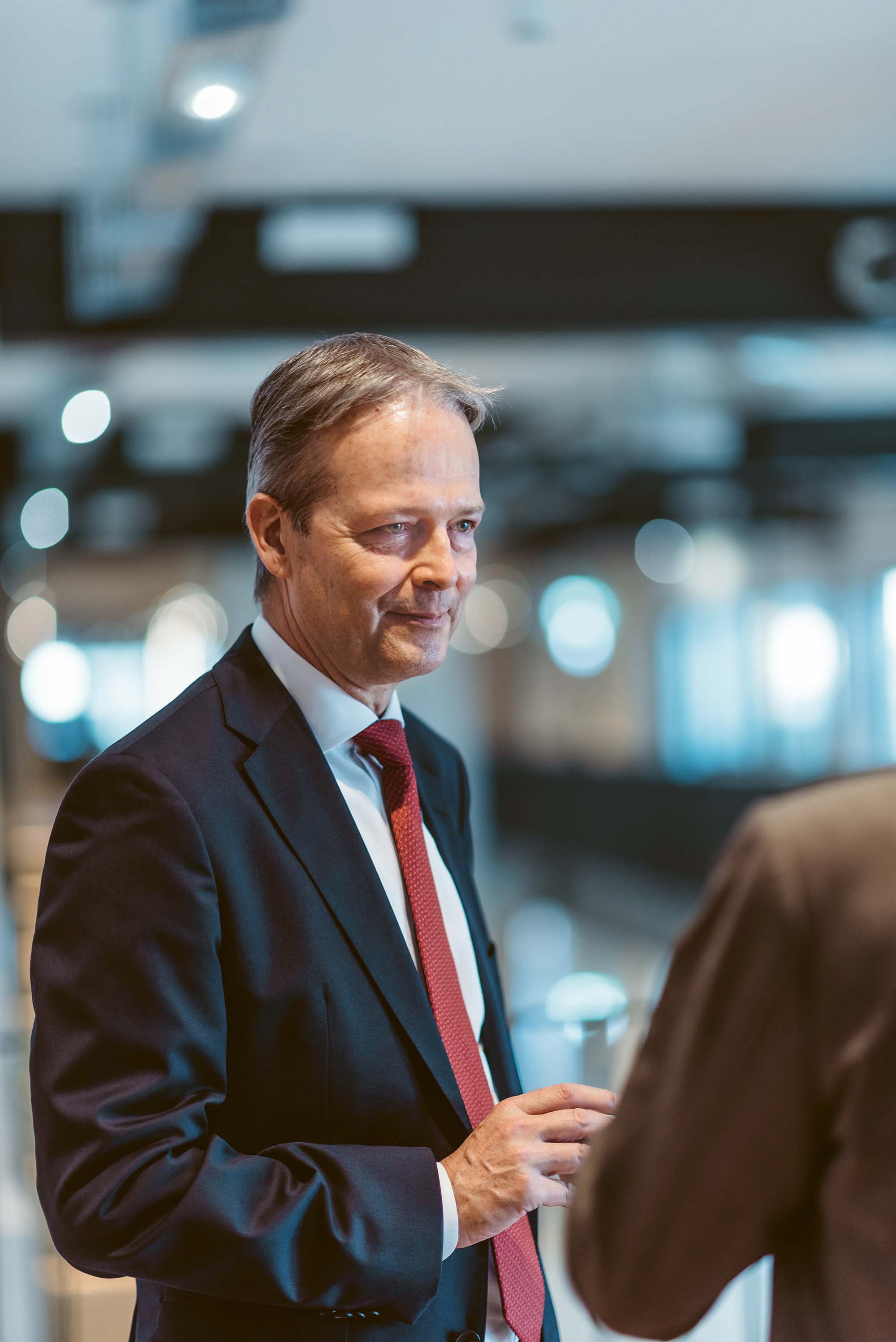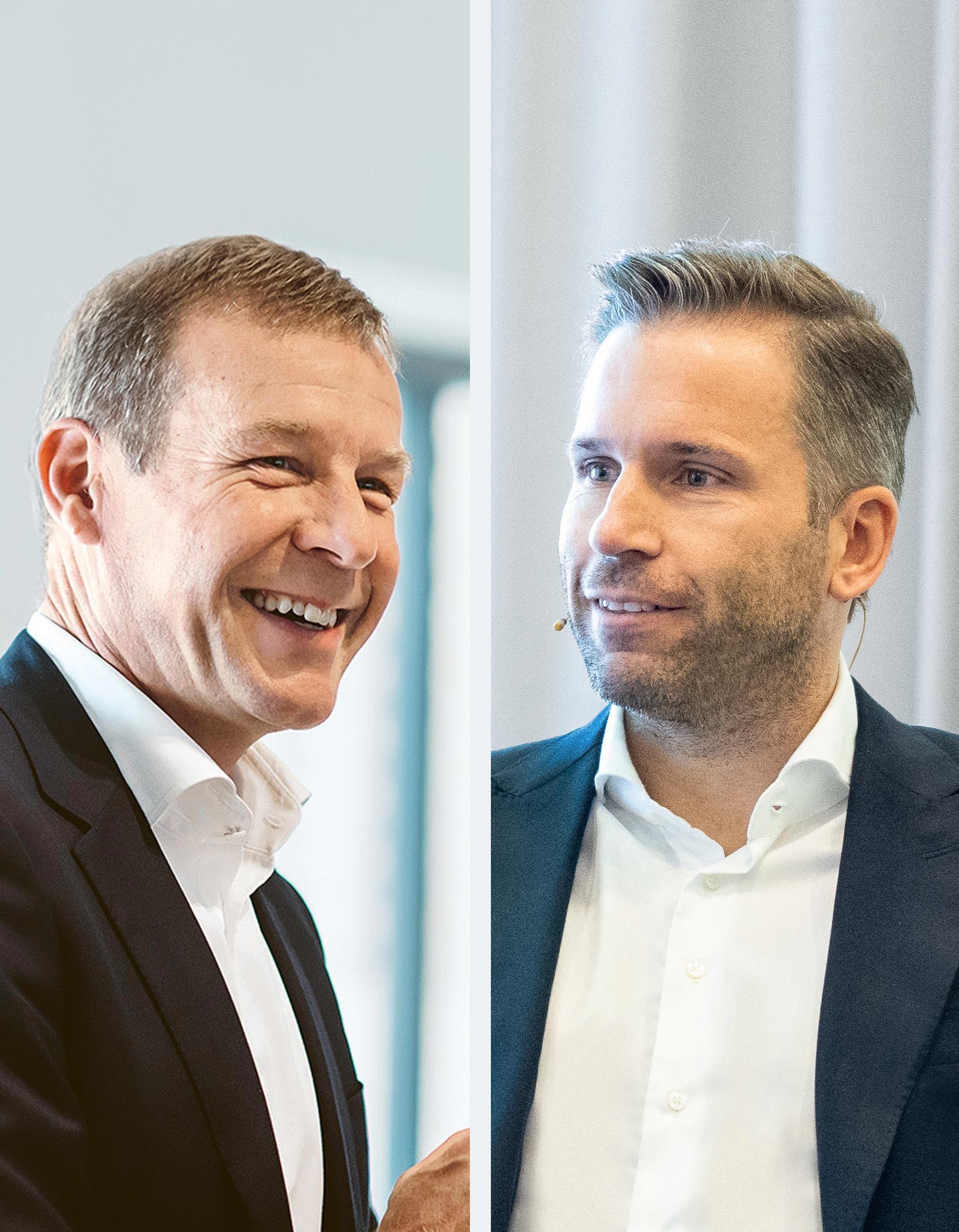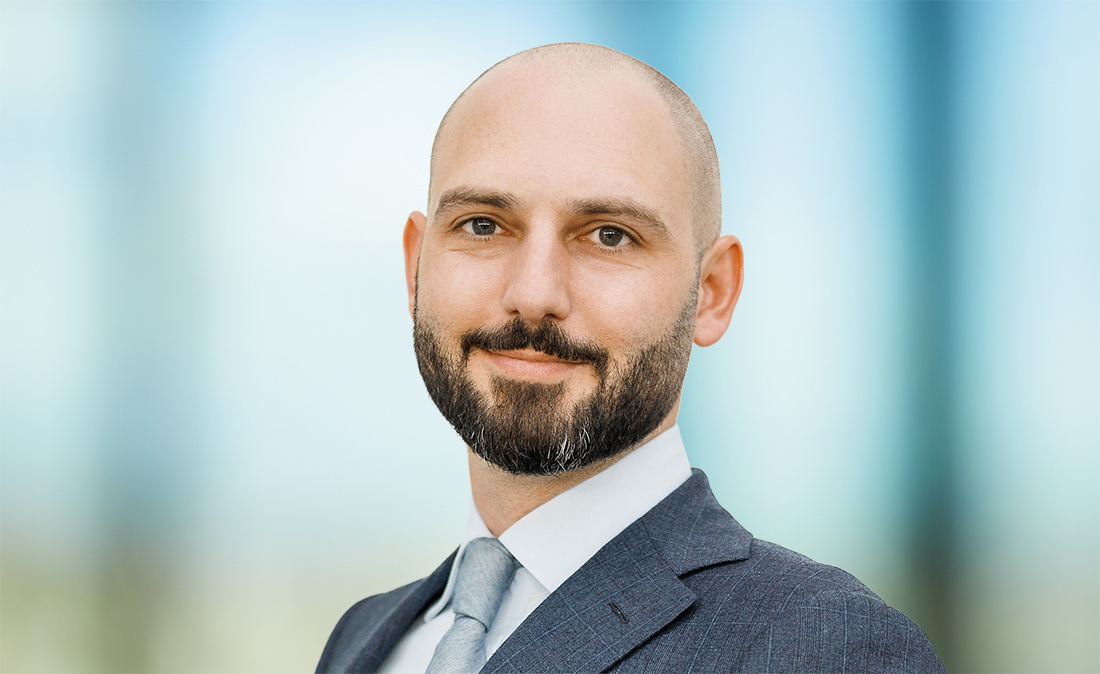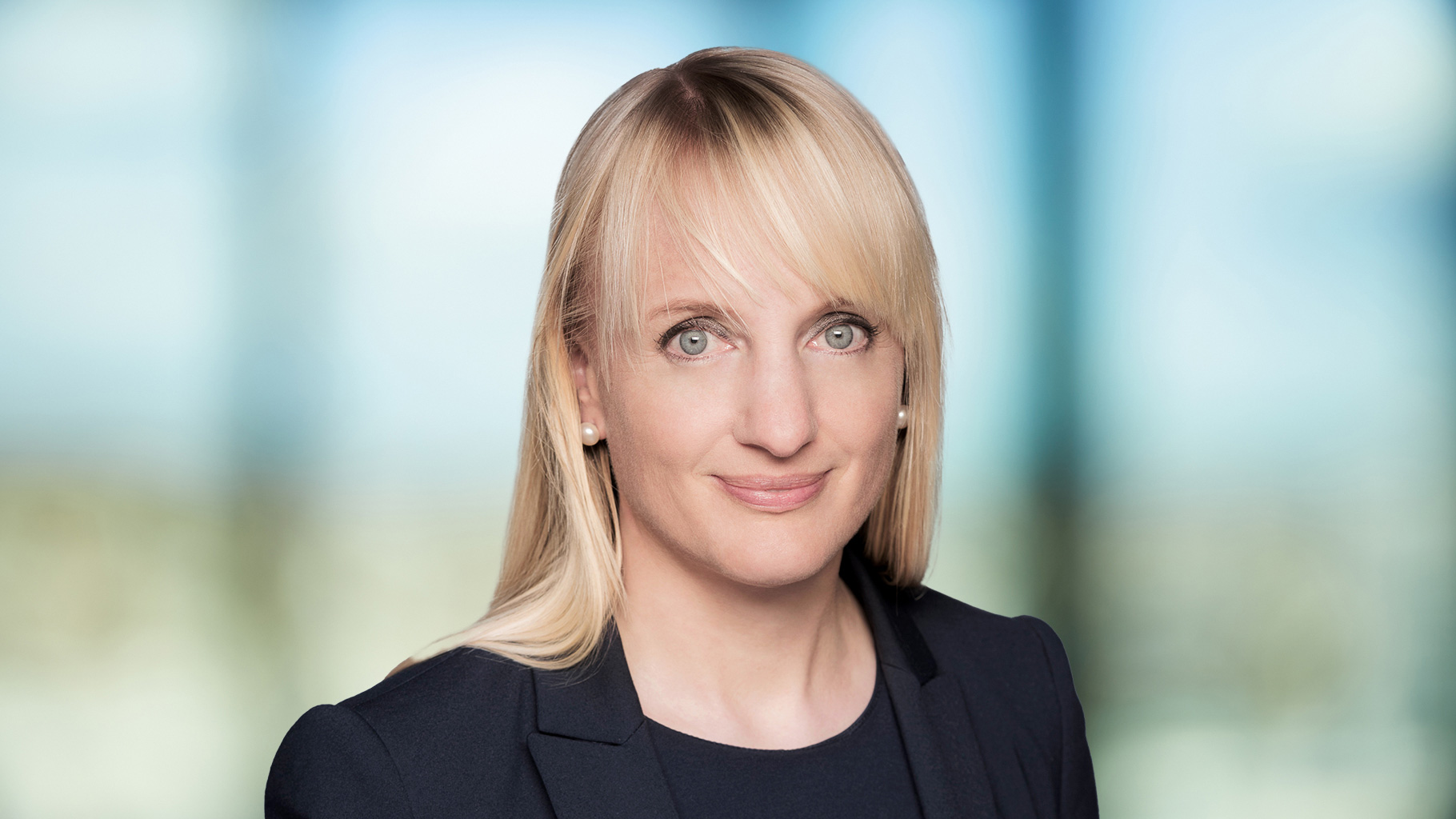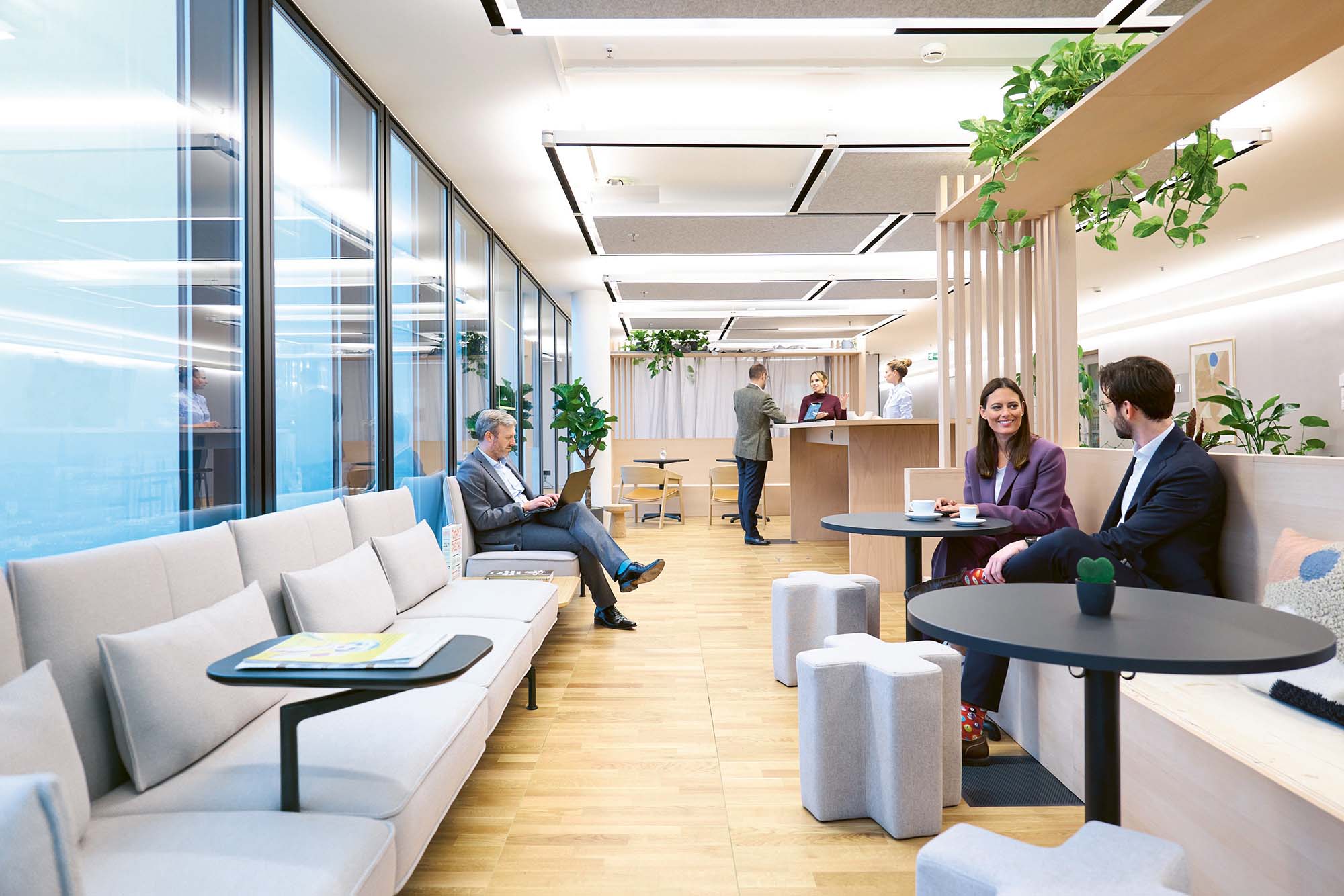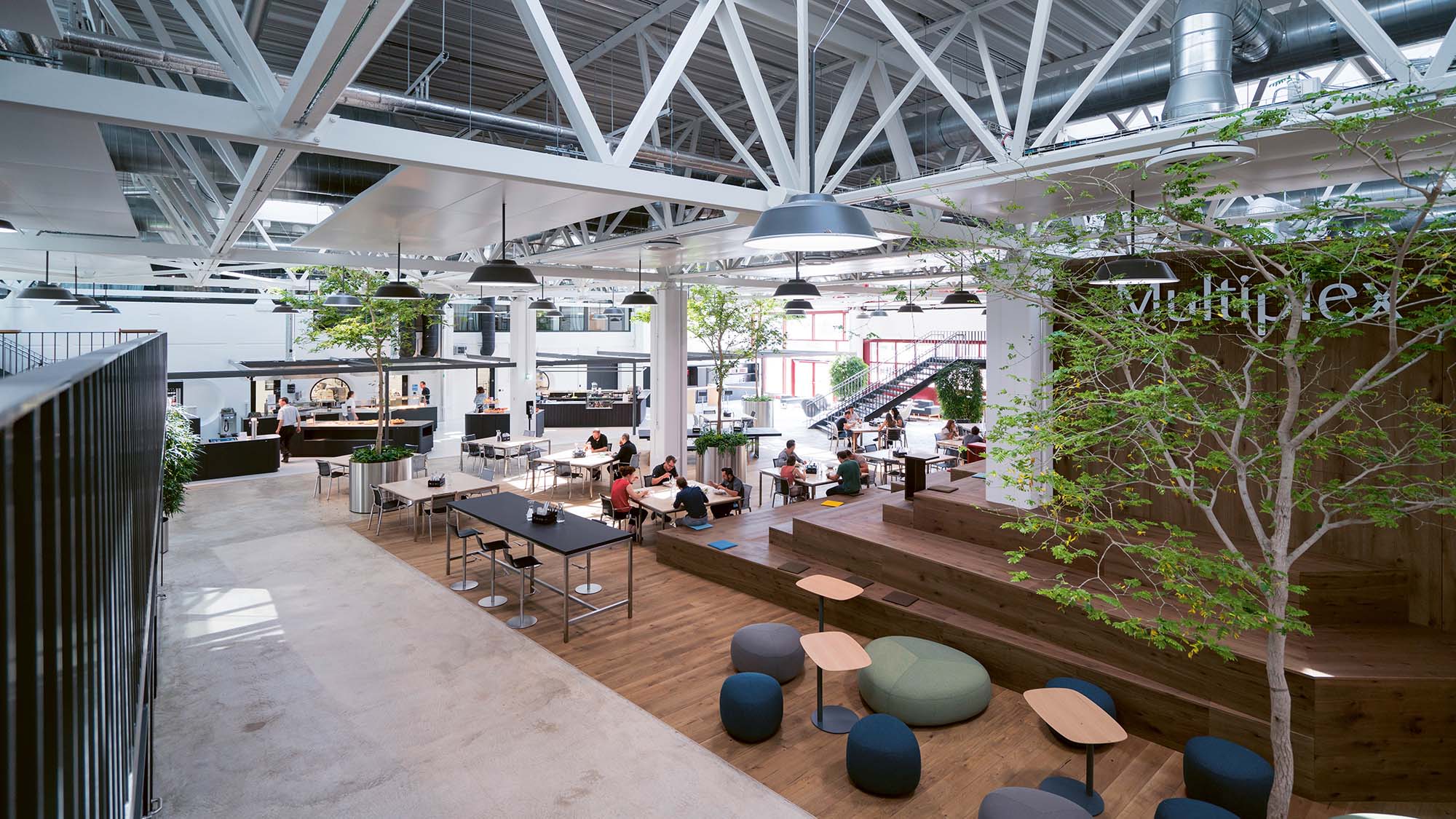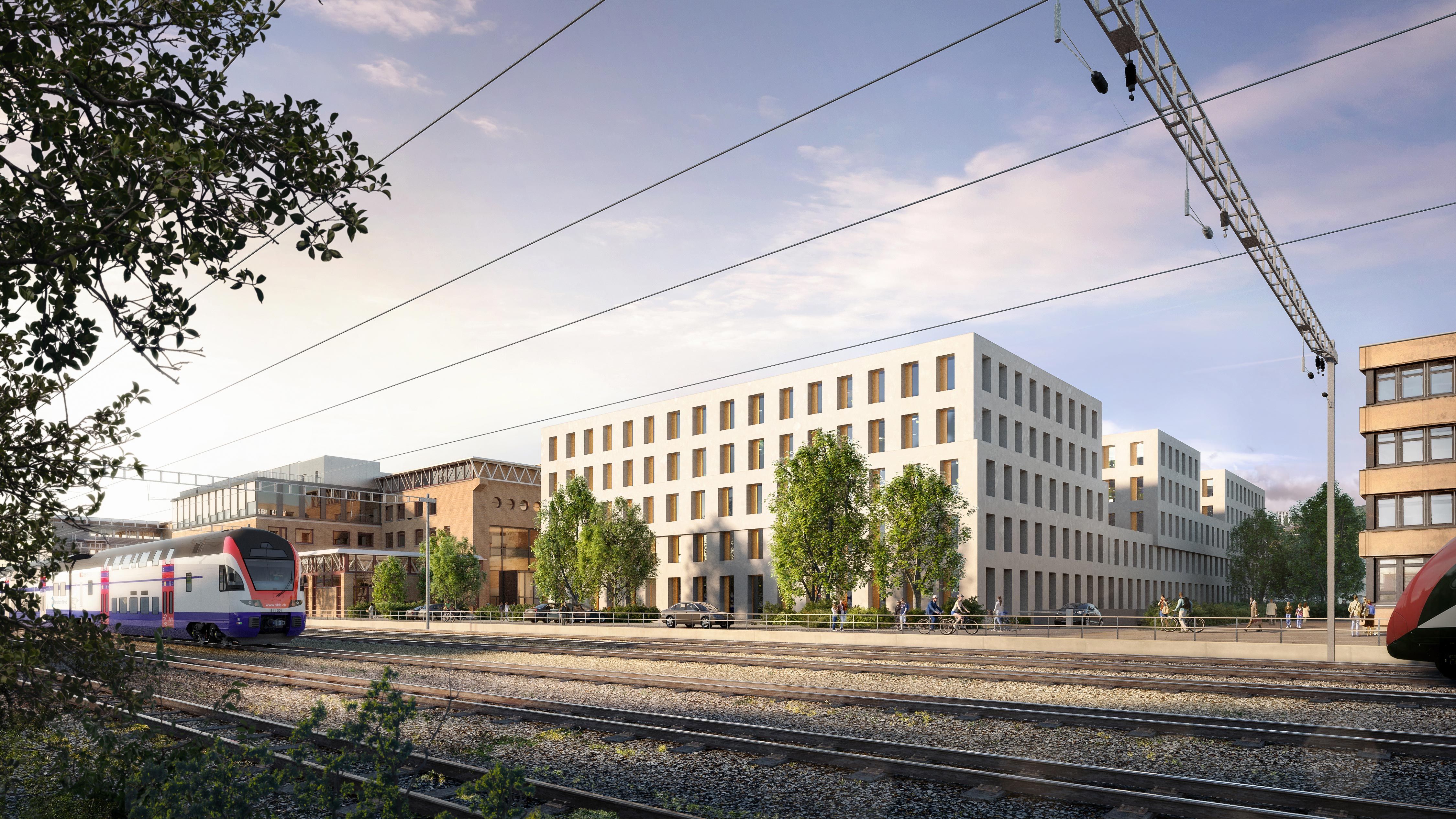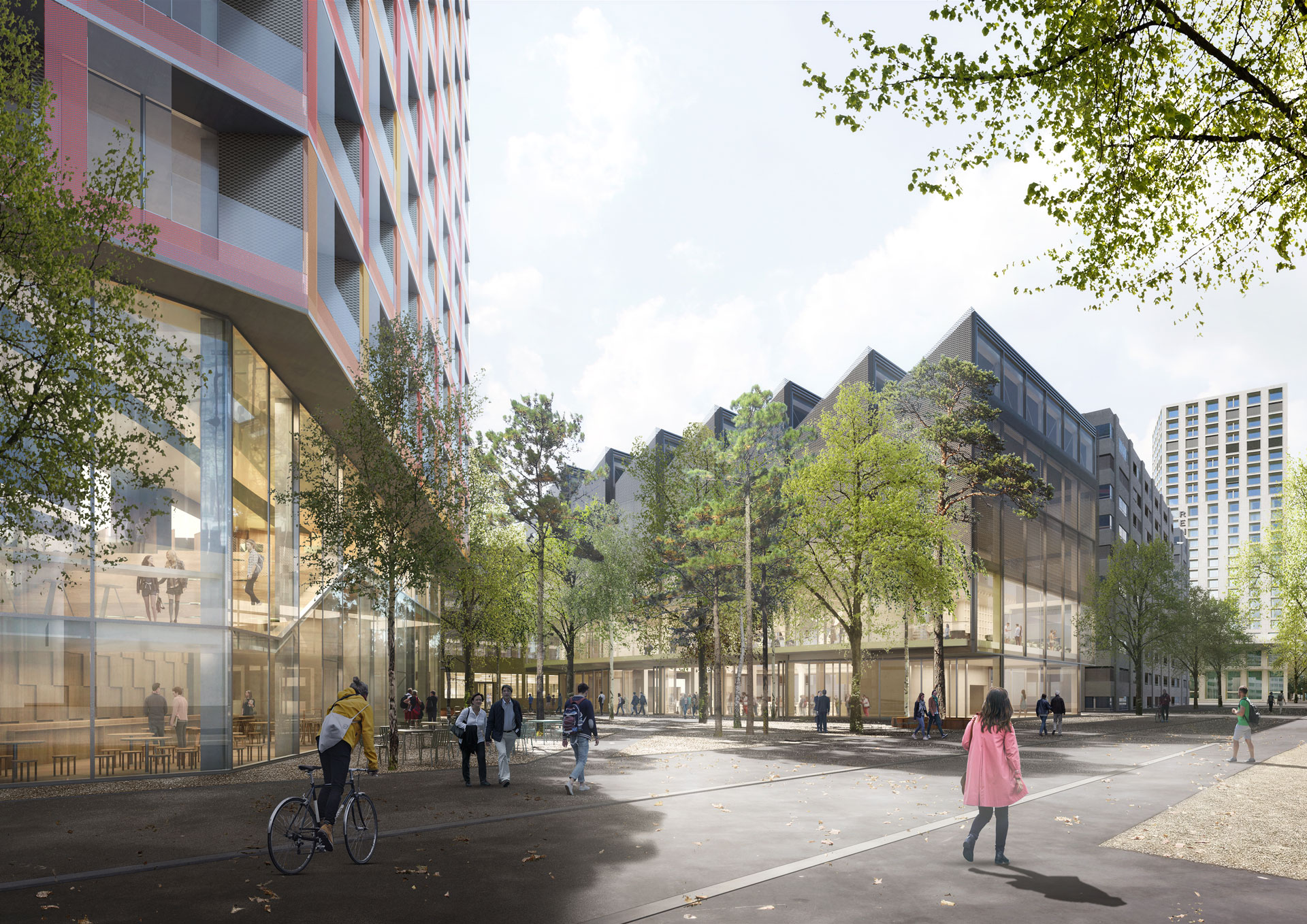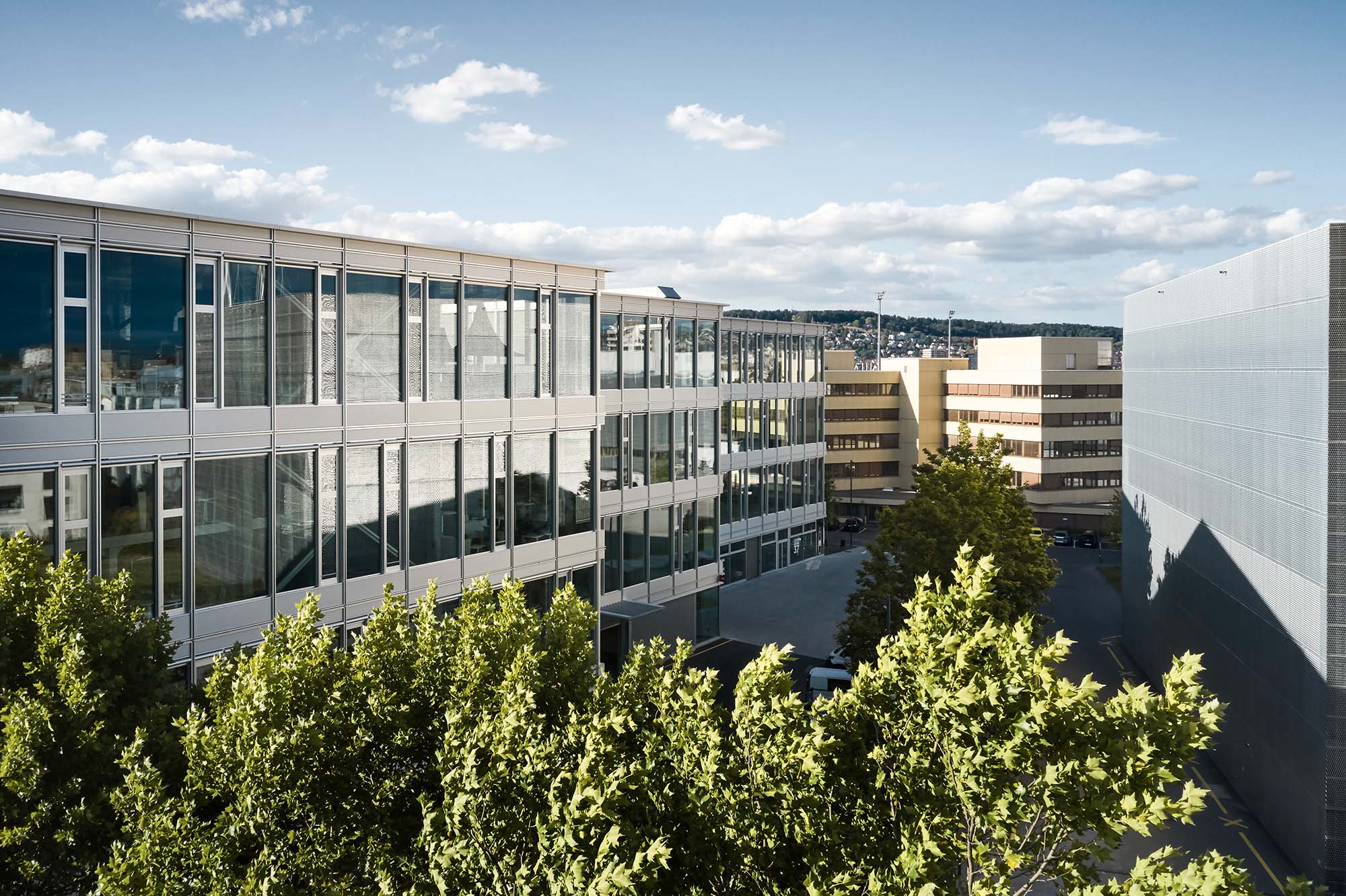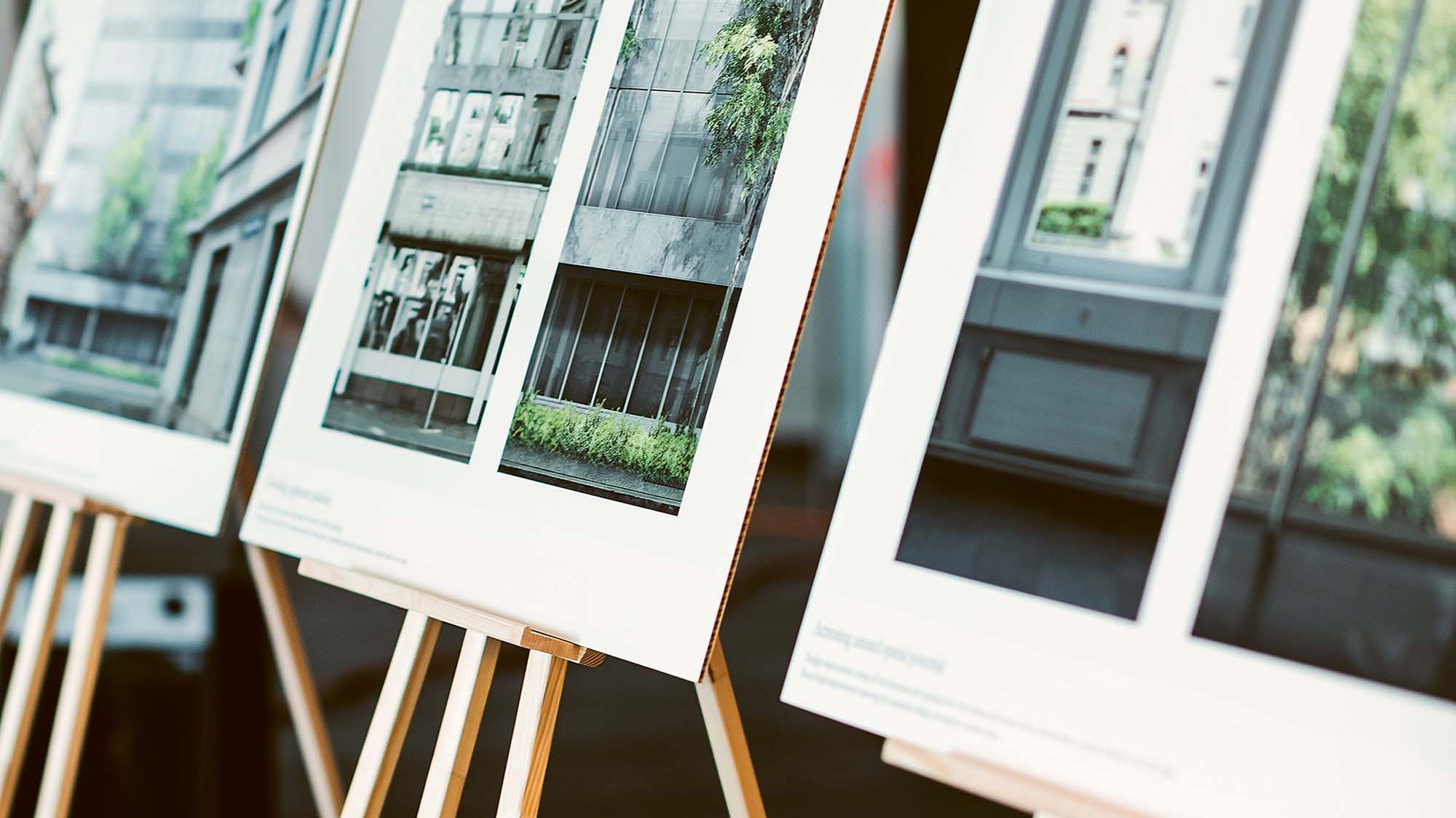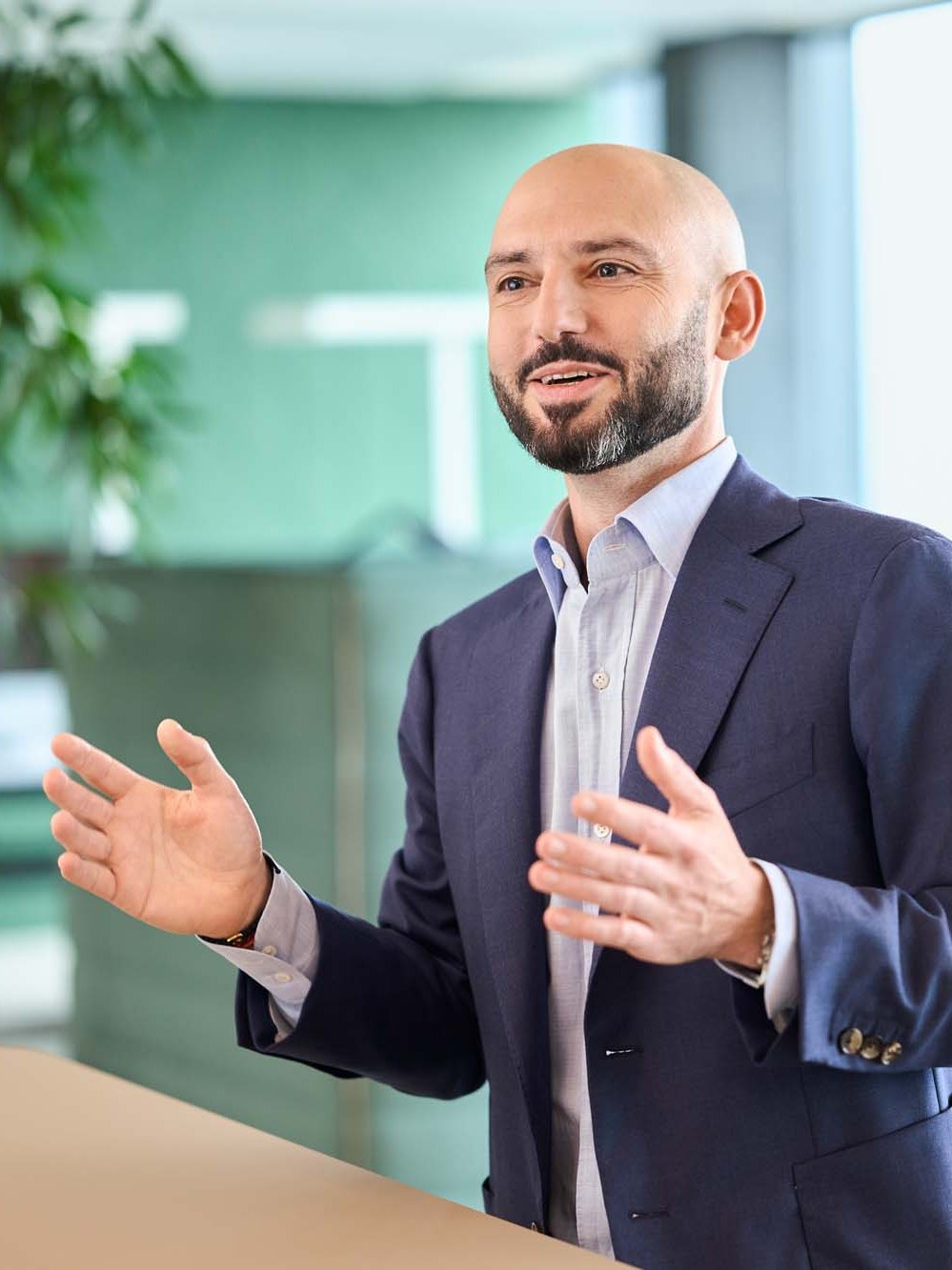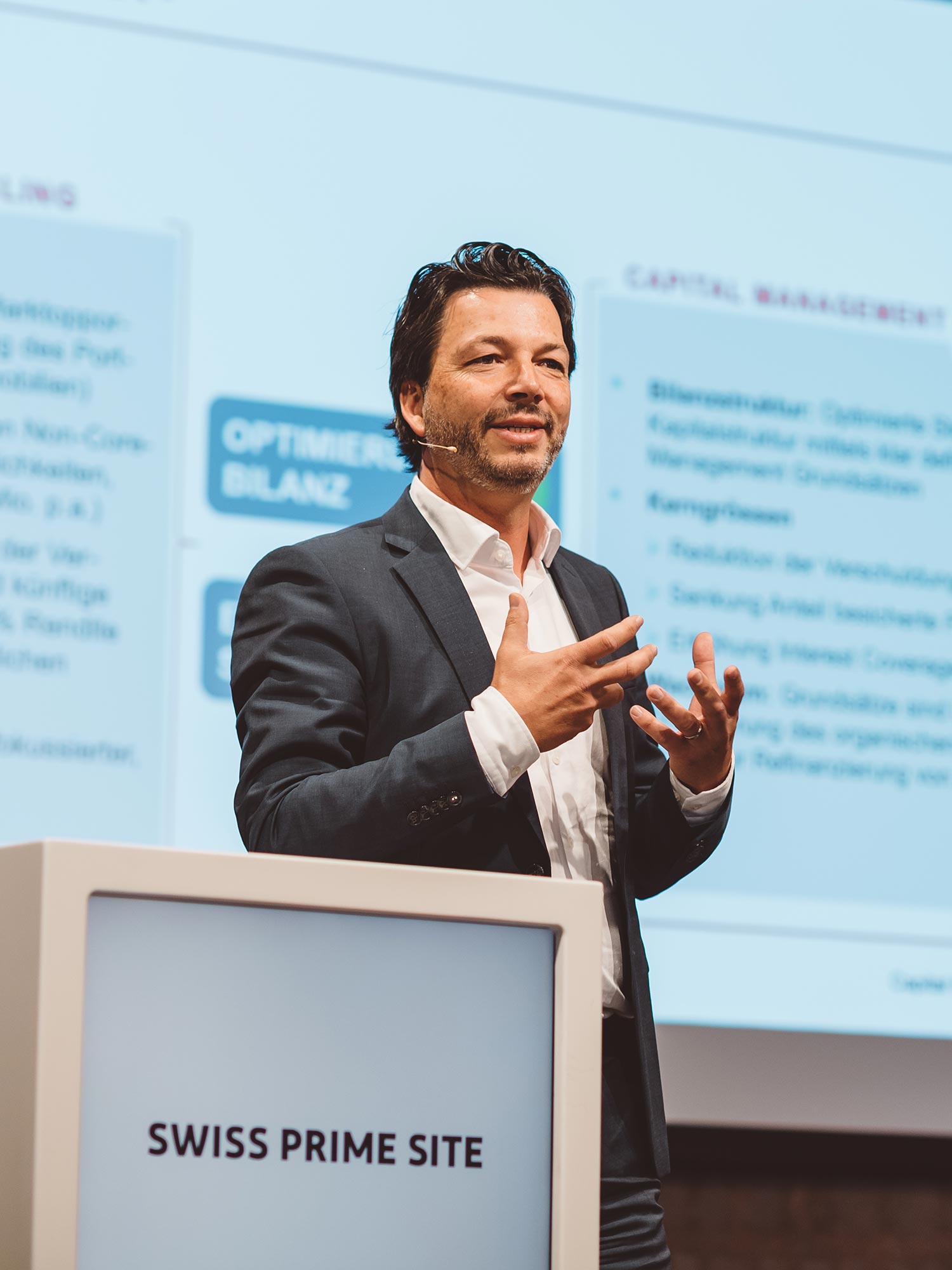We are all living in challenging times at present. Having scarcely got to grips with the worst social consequences of the global pandemic, new clouds gathered on the horizon at the beginning of 2022 due to the geopolitical tensions in eastern Europe. This was closely followed by a rise in the price of raw materials, an emerging energy crisis and an interest rate pivot. Despite the largely negative expectations, the Swiss economy recorded a pleasing performance. Inflation is currently half the European level, employment is solid and immigration into the «safe haven» of Switzerland has risen sharply again after the pandemic years. This also had a positive impact on us, the country’s largest listed platform for real estate investments, enabling us to report another successful year and favourable results.
As at the end of 2022, Swiss Prime Site had assets under management of CHF 20.8 billion and a property portfolio with a value of CHF 13.1 billion. Swiss Prime Site Solutions manages third-party mandates worth a total of CHF 7.7 billion. Rental income grew by 1.9% (L4L) year-on-year, while the even lower vacancy rate of 4.3% and resulting profit of CHF 300.6 million underline the prime quality of our portfolio and the stringent implementation of Swiss Prime Site’s strategy. With earnings per share of CHF 3.92 and FFO I of CHF 4.26, which is used as the basis for our distributions, the Board of Directors will propose to the Annual General Meeting that the dividend be increased by CHF 0.05 to CHF 3.40.
We are the leading partner for investors who invest both directly and indirectly in the real estate market, serving them through our two segments Real Estate and Real Estate Asset Management. We further focused and refined our portfolio over the past year. Since 2021, we have applied our capital recycling expertise to sell 13 properties with a value of around CHF 300 million that do not fit with our «Prime» claim. At the same time, we have been investing the freed-up capital in our first-class properties and in the development of value-adding projects in our pipeline. We thus aim to meet the growing requirements of our tenants and customers and underline our aspiration to be a leader in the area of sustainability. Our strategy has delivered measurable successes, namely the high level of new leases and renewal activities and the further fall in the portfolio’s vacancy rate. We see our growth path in Real Estate Asset Management at Swiss Prime Site Solutions. Following its acquisition, the Akara Group was successfully integrated and initial synergies achieved. With real estate funds, products for investment foundations and asset management mandates, we have a diversified and stable footing in this area. The marked growth in the customer base for all three Real Estate Asset Management vehicles shows that the services are very popular with customers.
We, the Board of Directors and the management of Swiss Prime Site, have decided to redevelop the Jelmoli building in Zurich city centre for an expected period of two years from the beginning of 2025. This to make it sustainably fit for the future. Therefore, we will no longer operate the Jelmoli department store ourselves from the end of 2024. This further step towards focusing on our core competencies was taken after a comprehensive and detailed analysis. With the extraordinary dynamics in online retail and changes in consumer behaviour, brick-and-mortar retailing is increasingly being squeezed. Despite high investments by its owner, Swiss Prime Site, and tremendous efforts on the part of its employees, this structural change was clearly reflected in the profitability of the department store Jelmoli. This led Swiss Prime Site to conduct extensive market research over recent months, with the objective of transferring operational management of the department store to new hands. However, in-depth talks with numerous possible partners have not yet led to the intended success. We are deliberately communicating our decision at an early stage. This will give the employees time for a possible professional reorientation. Our goal is to further develop the Jelmoli building into a unique destination and an open urban meeting place. The reopening of the completely renovated property is planned for the beginning of 2027.
In light of the challenges referred to above, our refinancing at the end of 2021 was vitally important. It brought about a marked fall in interest costs, and we now have a balanced maturity profile with no need for significant refinancing until 2025. This gives us freedom and good visibility, which seems important in what is currently an increasingly challenging environment. Accordingly, the globally active rating agency Moody’s has rated our long-term issuer rating as «A3» with a stable outlook. This very positive rating, both in Switzerland and internationally, reflects the excellent basis of our company. Through targeted investments in the circular economy for both existing buildings and new build projects, and the successful certification of 73% of the floor space in our portfolio, we have also made important progress with regard to sustainability.
On behalf of my colleagues on the Board of Directors, I would like to thank all our customers, tenants and partners and also you, our shareholders, for your trust and interest in Swiss Prime Site. I would also like to thank our management and employees, who drive the operational implementation of our strategy on a daily basis.
